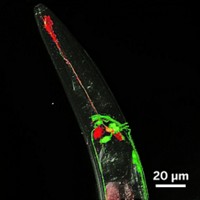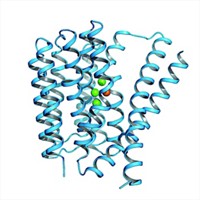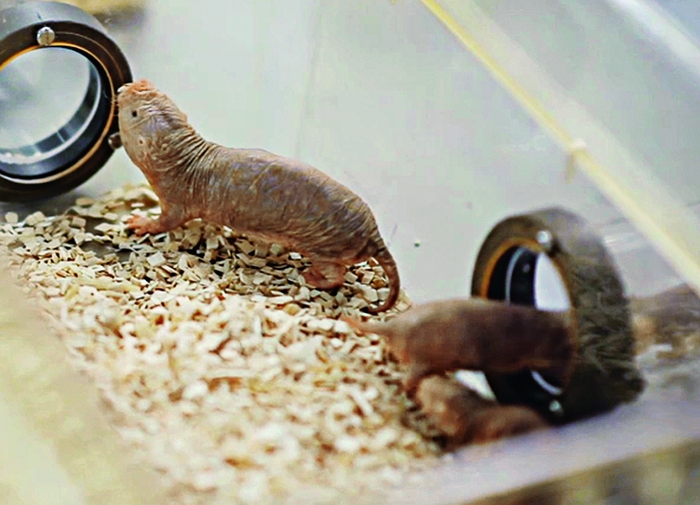Advertisement
Grab your lab coat. Let's get started
Welcome!
Welcome!
Create an account below to get 6 C&EN articles per month, receive newsletters and more - all free.
It seems this is your first time logging in online. Please enter the following information to continue.
As an ACS member you automatically get access to this site. All we need is few more details to create your reading experience.
Not you? Sign in with a different account.
Not you? Sign in with a different account.
ERROR 1
ERROR 1
ERROR 2
ERROR 2
ERROR 2
ERROR 2
ERROR 2
Password and Confirm password must match.
If you have an ACS member number, please enter it here so we can link this account to your membership. (optional)
ERROR 2
ACS values your privacy. By submitting your information, you are gaining access to C&EN and subscribing to our weekly newsletter. We use the information you provide to make your reading experience better, and we will never sell your data to third party members.
Biological Chemistry
Proton Power
Protons may be neurotransmitters
by Sophie L. Rovner
January 14, 2008
| A version of this story appeared in
Volume 86, Issue 2
Serotonin, dopamine, ... and protons? New evidence suggests protons behave like neurotransmitters, the compounds released by neurons to stimulate other neurons or to contract muscles. University of Utah researchers drew this conclusion while studying muscle contractions associated with defecation in Caenorhabditis elegans worms (Cell 2008, 132, 149).
"This is the first time we have found protons acting as transmitters," says biologist M. Wayne Davis, a member of the research team. Erik M. Jorgensen, a biologist, neuroscientist, and Howard Hughes Medical Institute investigator, led the team.
The researchers found that contraction of intestinal muscles depends on two types of proteins: proton transporters (sodium/proton exchangers) on the exterior of the intestine and proton receptors on the surface of muscles surrounding the intestine. Protons released by the transporters bind to the receptors, which open channels to admit sodium ions into the muscle cells. The influx causes the muscles to contract.
The team's paper reveals "a novel mechanism for cell-cell communication," says Keith Nehrke, an assistant medical professor at the University of Rochester who studies ion transport in various organisms. The paper "describes a heretofore unrecognized function for sodium/proton exchangers, previously thought to be involved mainly in pH regulation and movement of electrolytes and fluids," Nehrke says.
The findings "suggest that protons may be actively secreted to trigger proton-sensing receptors in adjacent cells," Nehrke adds. "Given the extensive tissue distribution of sodium/proton exchangers in both worms and man, these data raise the interesting possibility that this class of transporter may play a widespread role in cell signaling."
The work "may have important implications in the neurosciences, since acid—sensing ion channels"—which serve as proton receptors-"are extensively expressed in the human brain," says Pierre-Jean Corringer, a neuroscientist at Pasteur Institute, in Paris.
Jorgensen is confident protons will join the small group of "fast" neurotransmitters, which include serotonin. Protons would represent "the only new members of this group in nearly 20 years," he says.






Join the conversation
Contact the reporter
Submit a Letter to the Editor for publication
Engage with us on Twitter